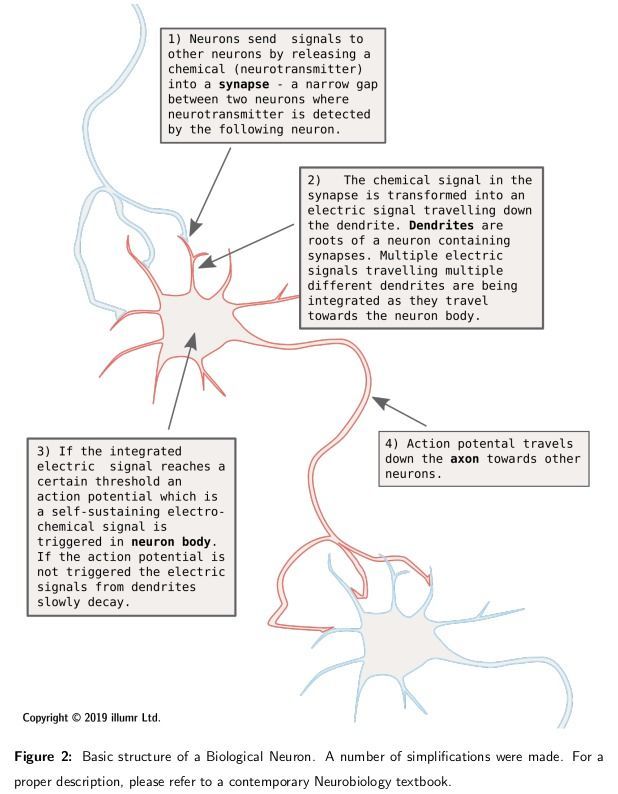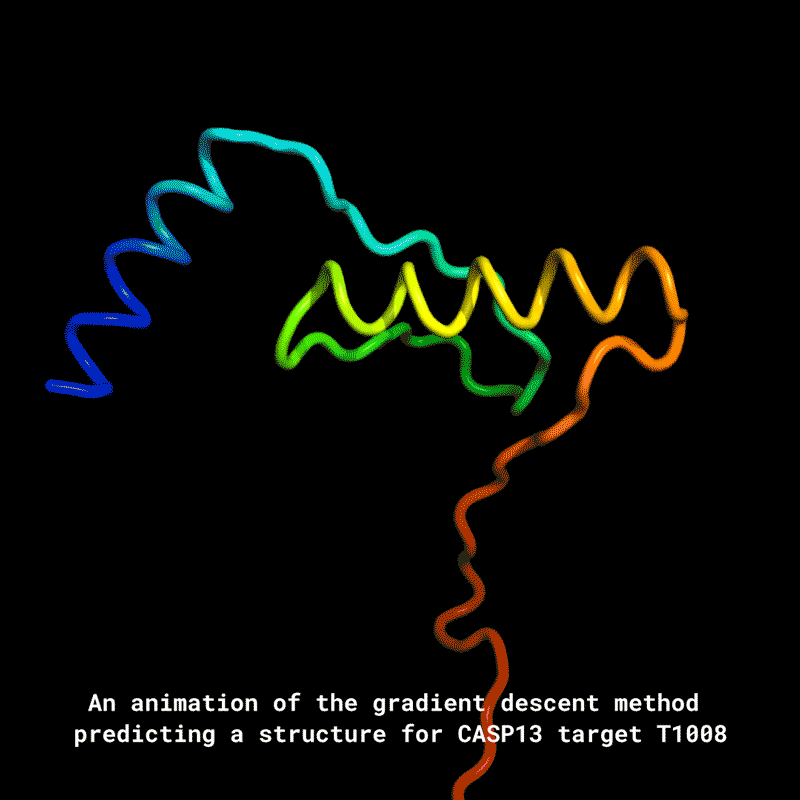Not sure how old this video is. But, Very impressive if it is able to grab random objects at these speeds; although i suspect it needed a lot of training before.
This handy #roboticarm can be trained to catch practically anything. 🤖 💪
Looking for a job in AI & Machine Learning. Follow us for more updates or visit: https://aijobs.com/
#aijobs #artificialintelligence #datascience #robots #ai #IoT #AIoT #deeplearning #robotics #tecnologia #cybersecurity #aiskills #artificialintelligenceai #machinelearning #machinelearningalgorithms #futuretechnology #ML #computerengineer #codinglife #coding #programmerlife #VR #technologies #techie






